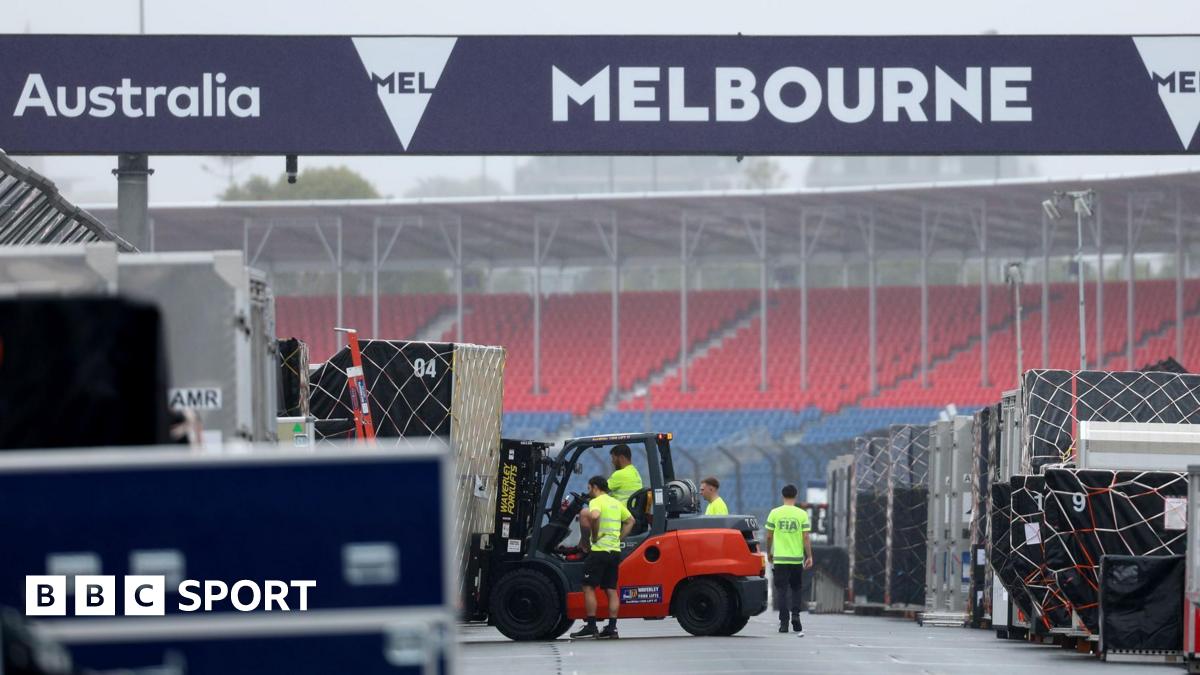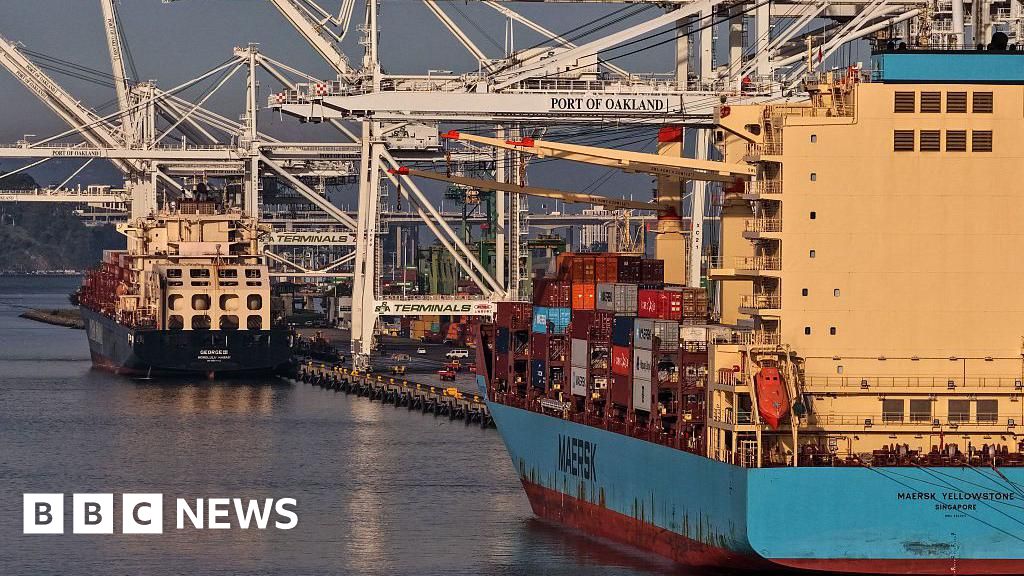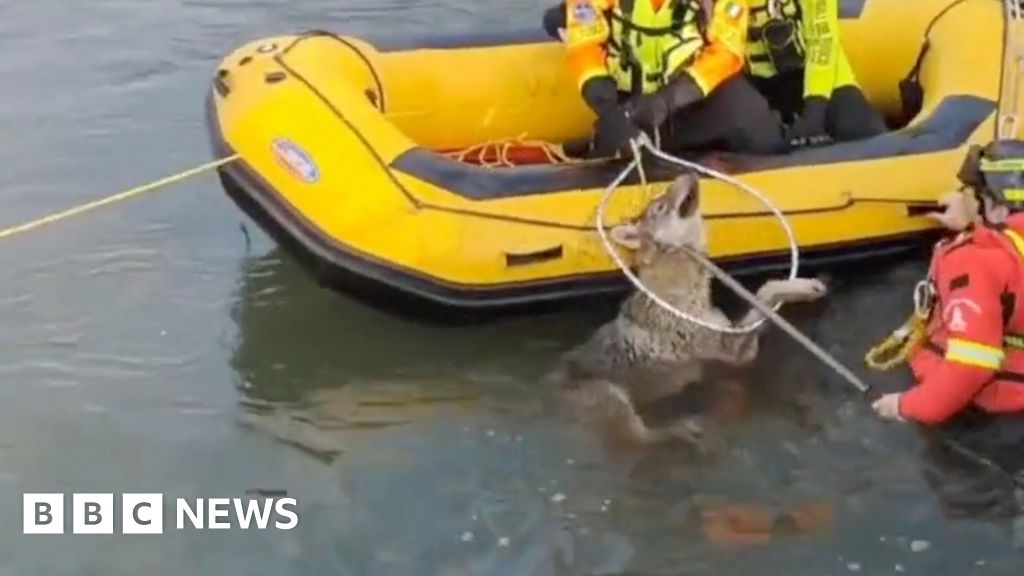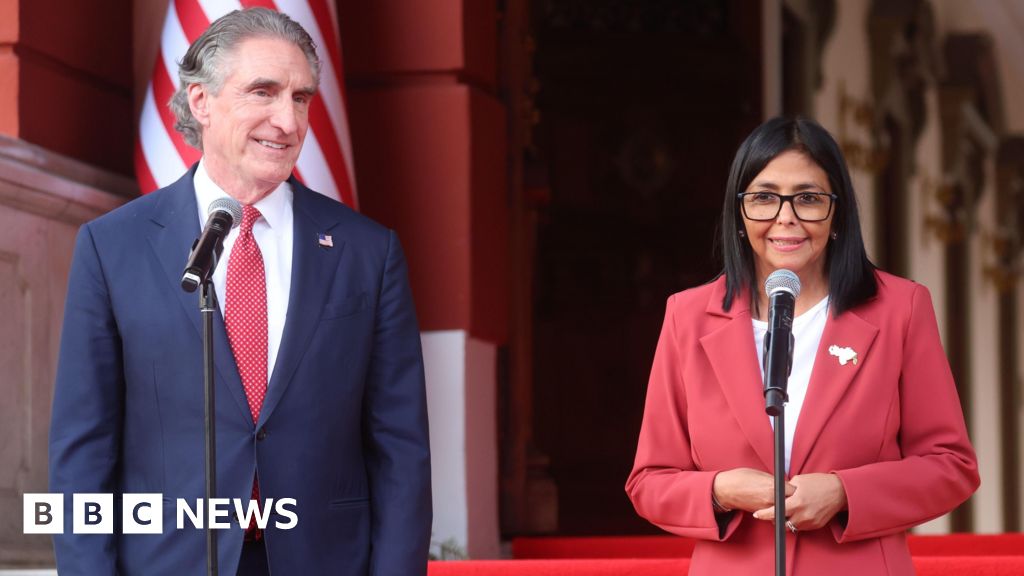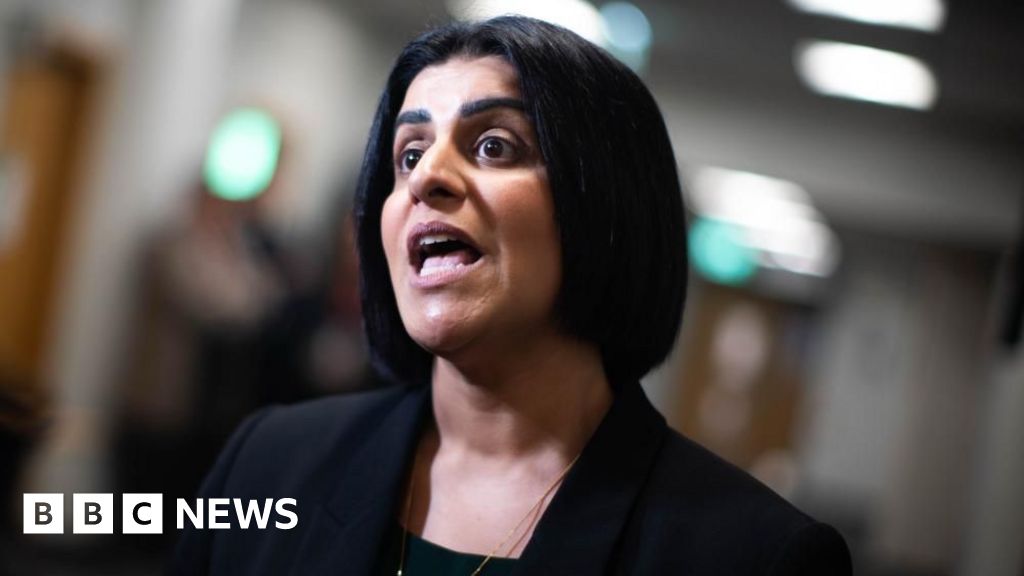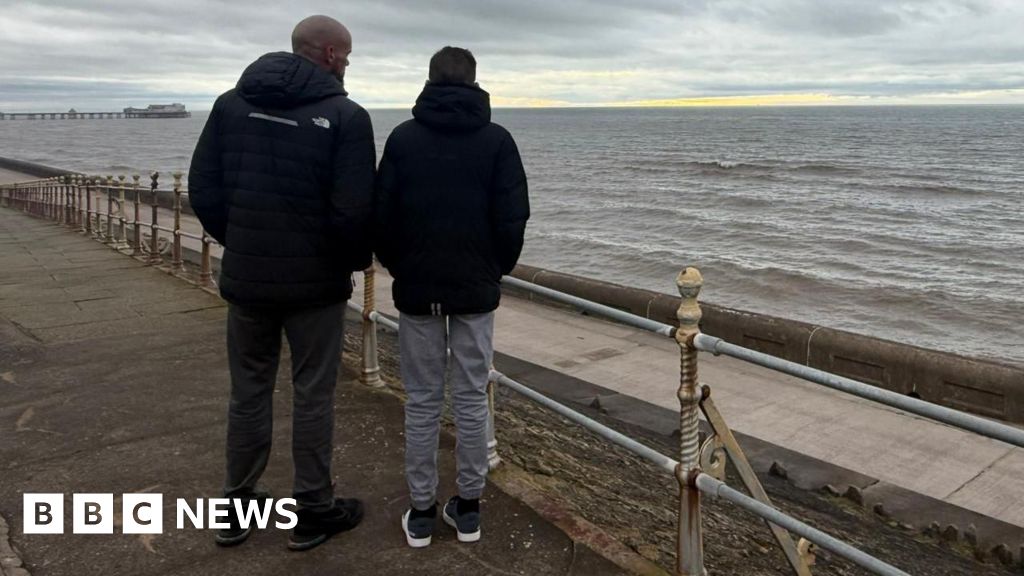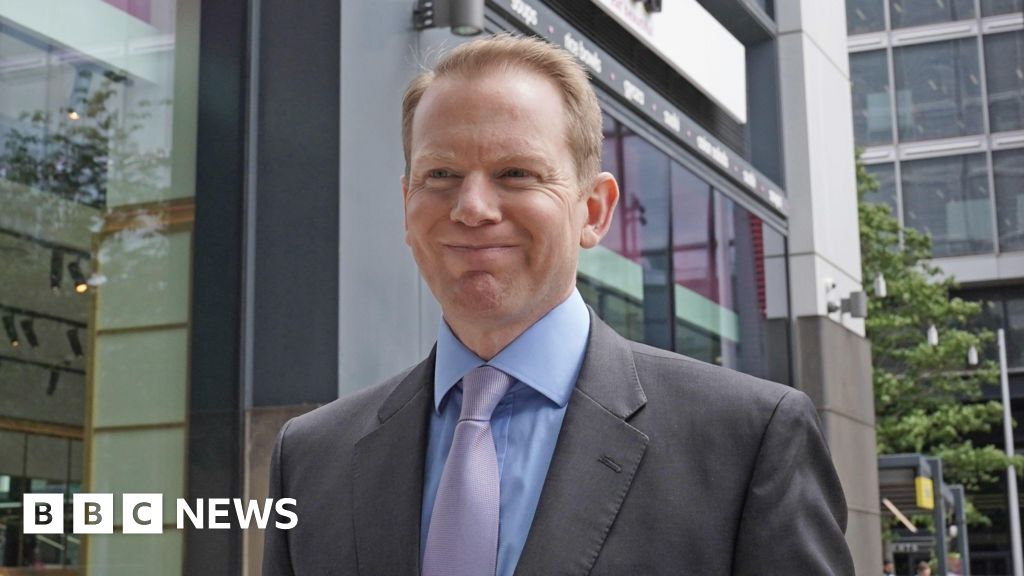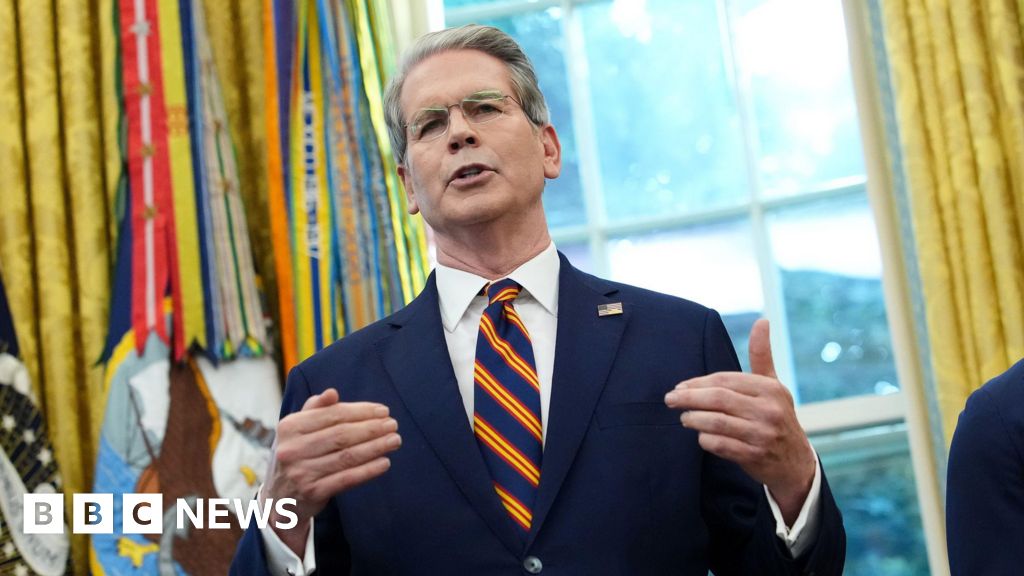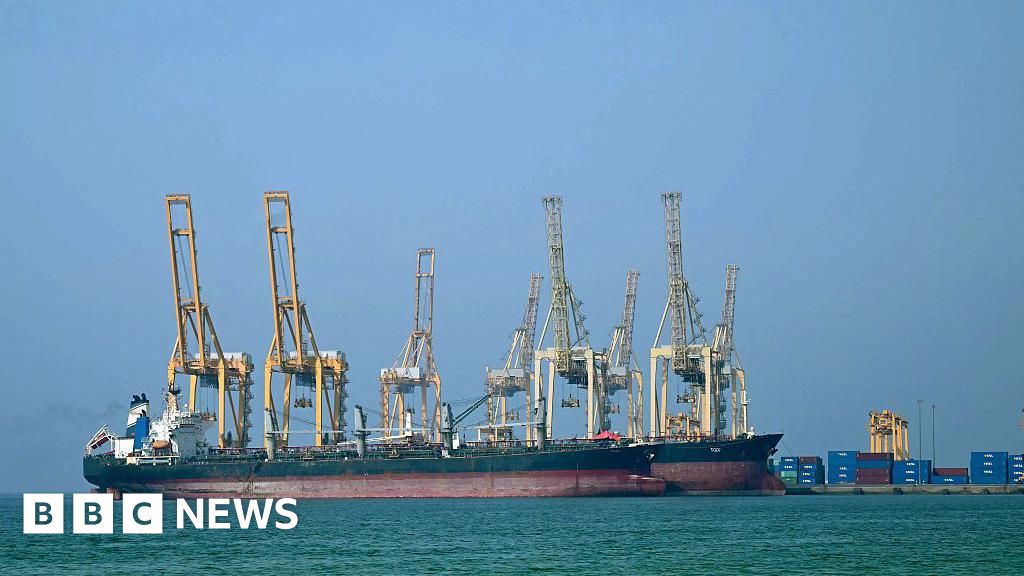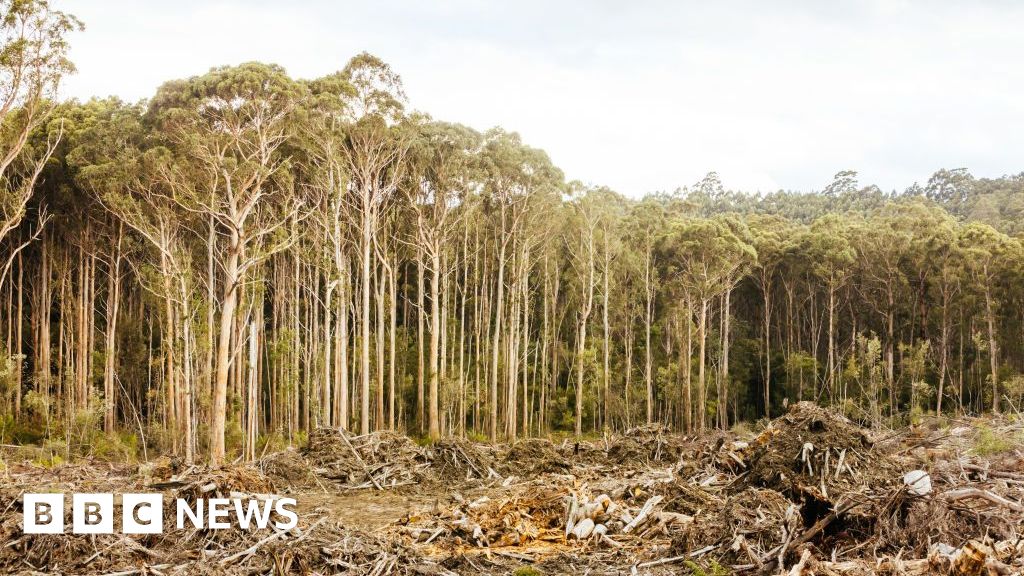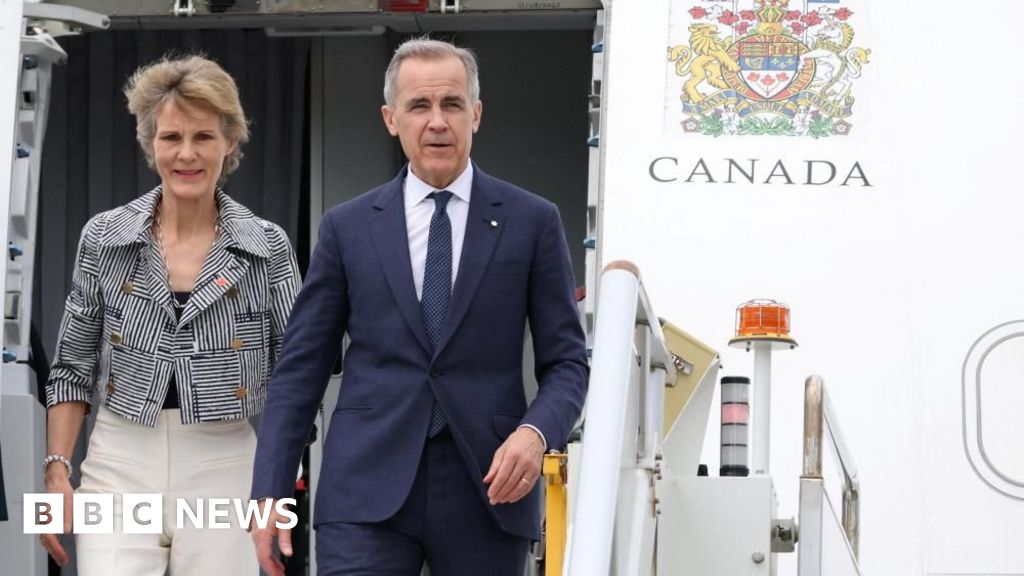Australia is set to to overhaul its decades-old nature laws with a raft of major reforms including the country’s first independent environment regulator.
After a years-long deadlock, the Labor government struck a last-minute deal with the minority Greens party to get the laws passed, after talks with the opposition stalled.
The changes include more protections for native forests, stricter rules for land clearing and a limit on fast-tracking of coal and gas projects but critics say more is needed.
Australia’s Prime Minister Anthony Albanese said the laws were a win for nature and business and would speed up major projects linked to housing, renewable energy and critical minerals.
With support from the Greens, Labor’s proposed changes are expected to pass through the Senate on Thursday, the last sitting day for parliament this year.
For months, the opposition – a coalition of the Liberals and Nationals – had also been negotiating with the government on the bill, with a focus on gaining more concessions for businesses.
A spokesman for Liberals leader Sussan Ley said the opposition only learnt of the Labor-Greens deal after the prime minister announced it at a press conference early on Thursday.
The latest development comes five years after an independent review into Australia’s nature laws found they were no longer fit for purpose.
The government said the reforms would protect the environment for future generations and speed up projects in “key areas of national priority like housing, renewable energy and critical minerals”.
“Everyone agrees that the laws as they stand are broken and need to be reformed,” Albanese said.
“Getting these laws passed is vital to protect our environment and to boost productivity in our economy.”
Once passed, the new laws will also establish Australia’s first-ever national environment protection agency as well as a set of national standards which would include rules on protecting endangered wildlife.
Greens leader Senator Larissa Waters said her party had negotiated significant wins but criticised the government for not including a so-called “climate trigger” that could stop fossil fuel projects based on carbon emissions.
Instead, a project must report its carbon emissions and provide plans on how they plan to reduce those to net zero by 2050.
The head of the Climate Council, Amanda McKenzie, said while the deal would help native forests, new coal and gas projects “still get a free pass on climate pollution”.
“That is a gaping hole in a law that should protect nature from the ravages of climate change,” she said.

